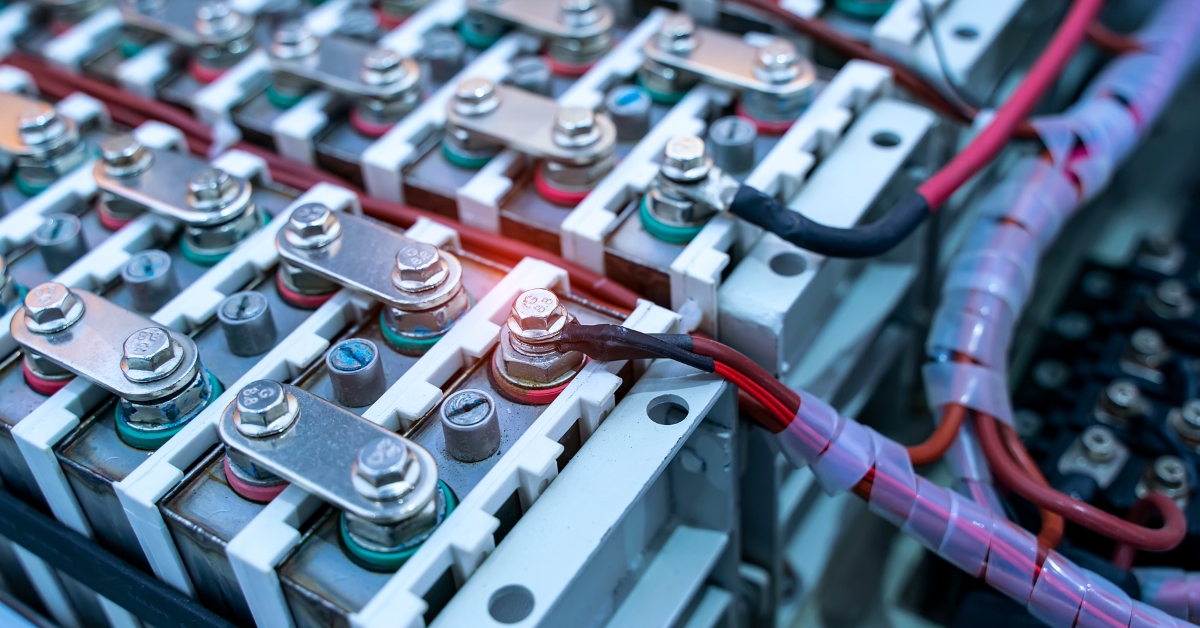
Biden’s Environmental Policy Is Enriching China
The Biden administration’s heralded Inflation Reduction Act, positioned as a cornerstone in the battle against climate change and a strategic move to counter China’s dominance in the green technology sector, has instead led to an ironic twist. Despite promises that the legislation would enable the United States to “compete with China,” recent data reveal a starkly different outcome: a significant surge in U.S. imports of Chinese-made batteries, underscoring an increasing dependency on the very competitor it aimed to outpace.
In the aftermath of the Act’s implementation, U.S. imports of lithium-ion batteries, vital for electric vehicles (EVs), have skyrocketed; and Chinese lithium-ion battery imports have now increased by 500 percent since President Joe Biden took office. This surge vividly illustrates the U.S.’s growing reliance on Chinese components essential for the green energy transition Biden champions. Despite the Act’s intention to bolster domestic production and reduce dependency on foreign materials, the reality speaks volumes about the complex web of global supply chains and China’s unyielding grip on the critical raw materials necessary for battery production.
China’s dominance in the battery sector isn’t accidental but the result of a meticulously-crafted strategy to control the global supply of rare earth elements. This strategy includes significant investments in African nations like the Congo, where a substantial portion of the world’s cobalt—a key ingredient in lithium-ion batteries—is mined. The façade of sourcing materials from “friendly” nations like the Congo crumbles when one considers that many of these mines are owned or controlled by Chinese entities. This situation lays bare the limitations of regulations that fail to consider the ownership and control of the supply chain, effectively making any efforts to circumvent China’s dominance a Sisyphean task.
The Biden administration’s recent decisions to waive “Buy American” requirements for federally-funded projects further exacerbate this dependency, undermining efforts to encourage domestic production and investment in American manufacturing capabilities. Such actions not only favor foreign industry, particularly Chinese, but also betray the administration’s commitments to bolstering the U.S. economy and securing its independence in the green technology arena.
This growing dependency on Chinese imports for the transition to green energy raises serious questions about the effectiveness of the Inflation Reduction Act. The administration’s approach appears not as a roadmap to American competitiveness and security but as a concession to the realities of global trade dynamics, where ideals of independence and strategic competition are compromised by the intricate dance of international commerce. The path forward demands a reevaluation of strategies to genuinely reduce reliance on foreign sources and encourage domestic innovation.














